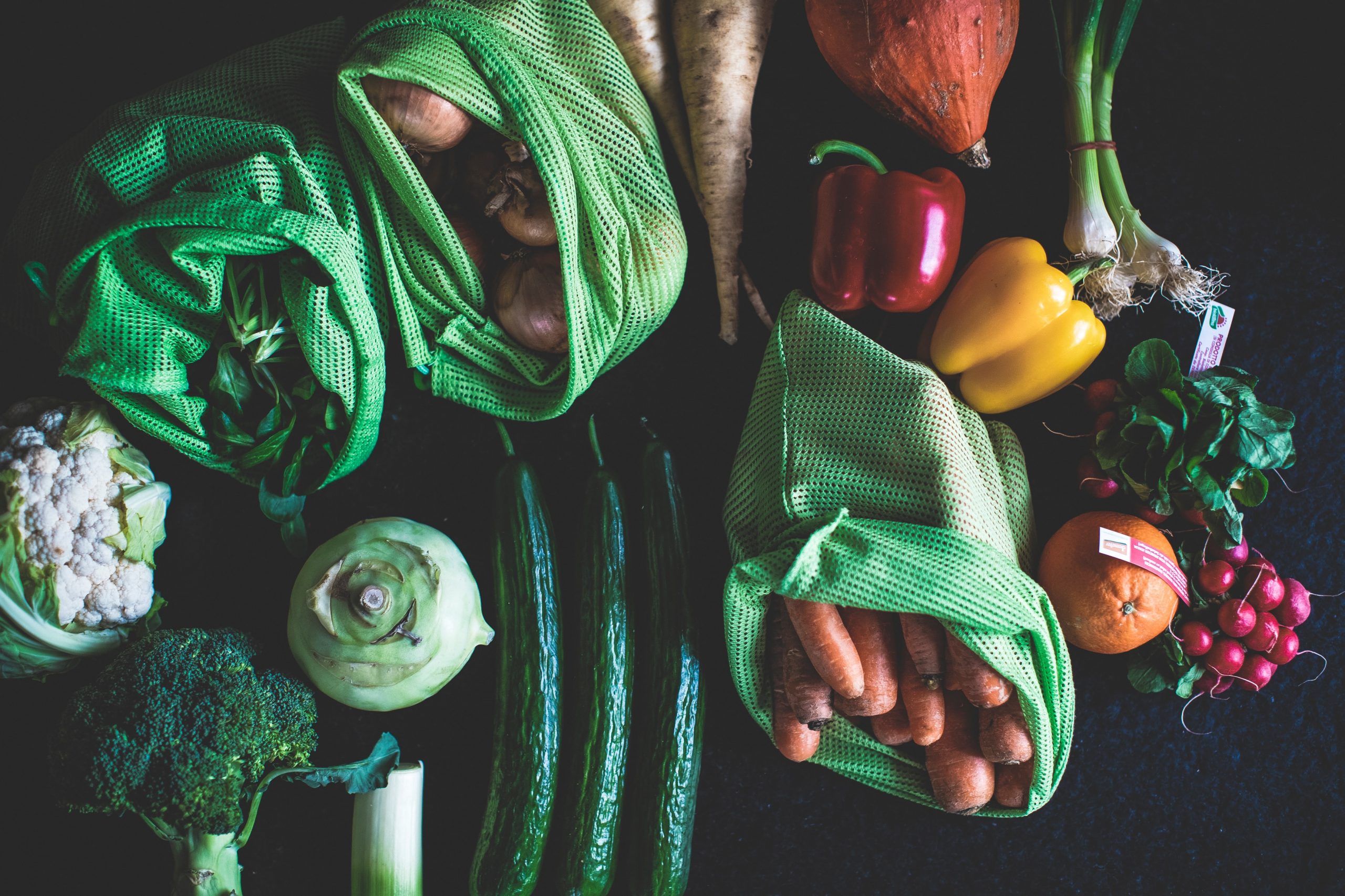Have you ever opened the fridge to see two-week-old fruit rotting at the back? You are not alone. So much of the food we buy ends up in the bin.
UK households threw away food worth equivalent to over £14 billion according to a survey by WRAP. About 40 per cent of all food globally going to waste.
So how can we solve this problem and reduce waste?
Firstly, keep track of your shopping, avoid doing a ‘big shop’ where it’s easy to buy too much, and the danger is it will go off before it gets eaten.
Secondly, plan ahead. Think about how you are going to use the food you buy and what recipes you might try. You can also put things in the freezer while they are still good to keep them longer.
Second year pharmacy student, Siham Salame, said: “Personally, I love cooking. Even if it may be an effort or a struggle for some, there are so many recipes you can find online and even follow-on YouTube.
“Coming from a middle eastern background though, my mum taught me from quite a young age, so I learned to love it. Throw something in the pan and improvise, it doesn’t have to go to waste.”
Then there is the issue of the sell-by date. There’s no need to panic: the sell-by date doesn’t mean it’s rotten. A product typically has around a third of its shelf life remaining when it reaches its sell-by date.
The sell-by date is only relevant to the retailer who is selling the product. A use-by date is different and highlights when the customers should consume these items, this is imprtant for things like meat.
You can still consume it on the day of its use-by date, or pop it in your freezer, rather than throwing it to waste.
There are a variety of organisations that can offer further help and advice. Try The Real Junk Food Project, Too Good to Go and FareShare whih all fight food waste on a numer of fronts including distributing unused food from retail outlets and donating it to local schools and charities.
If you need ideas for what to do with the food you have bought then there are lot of good recipes online.

